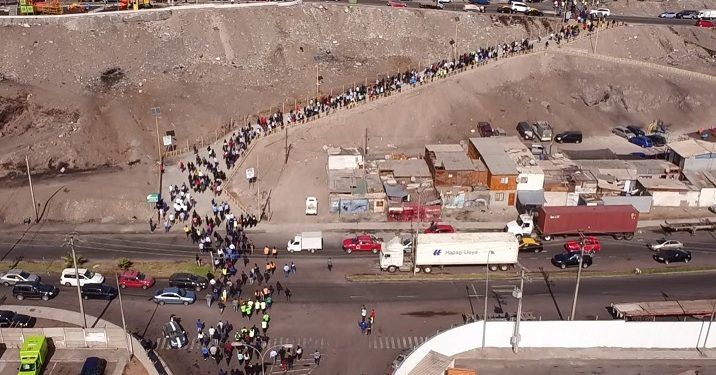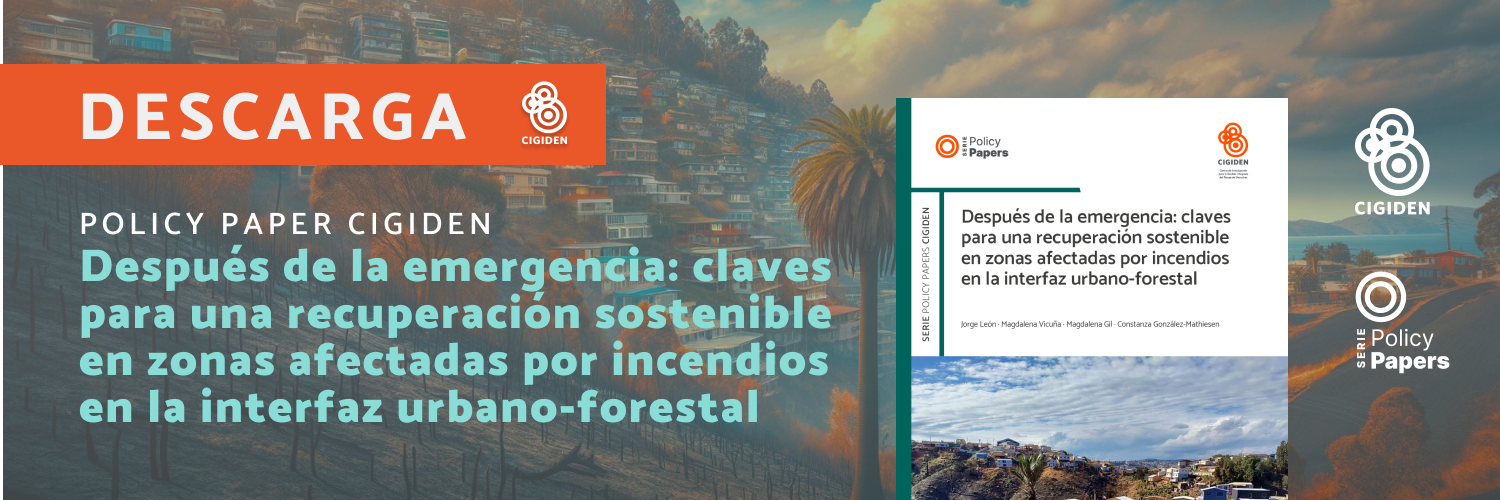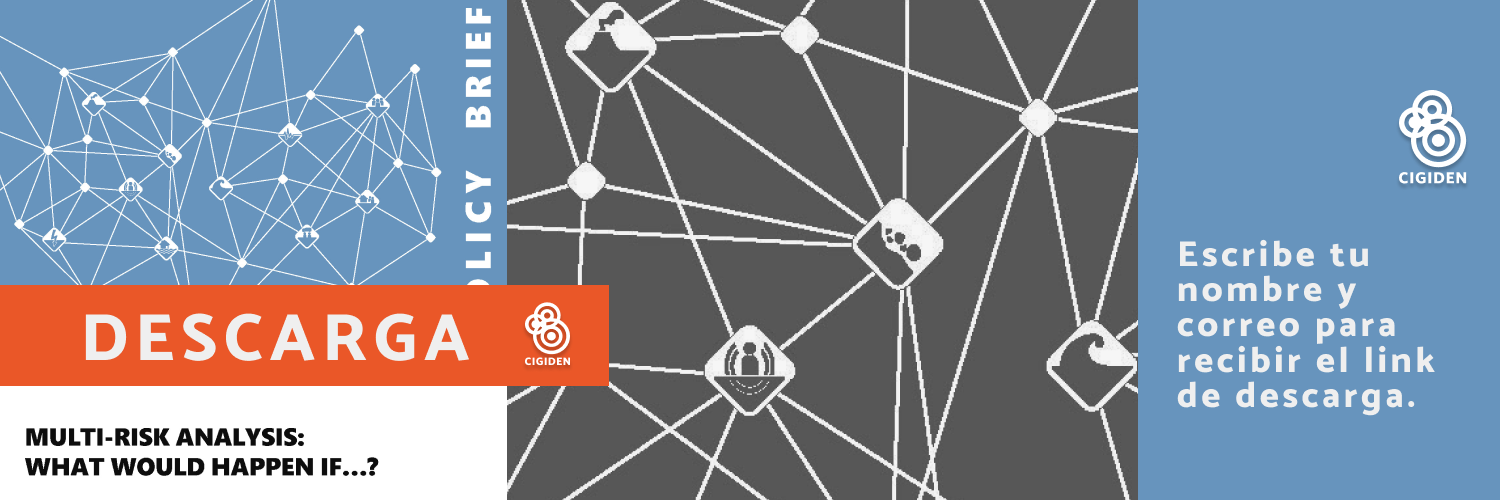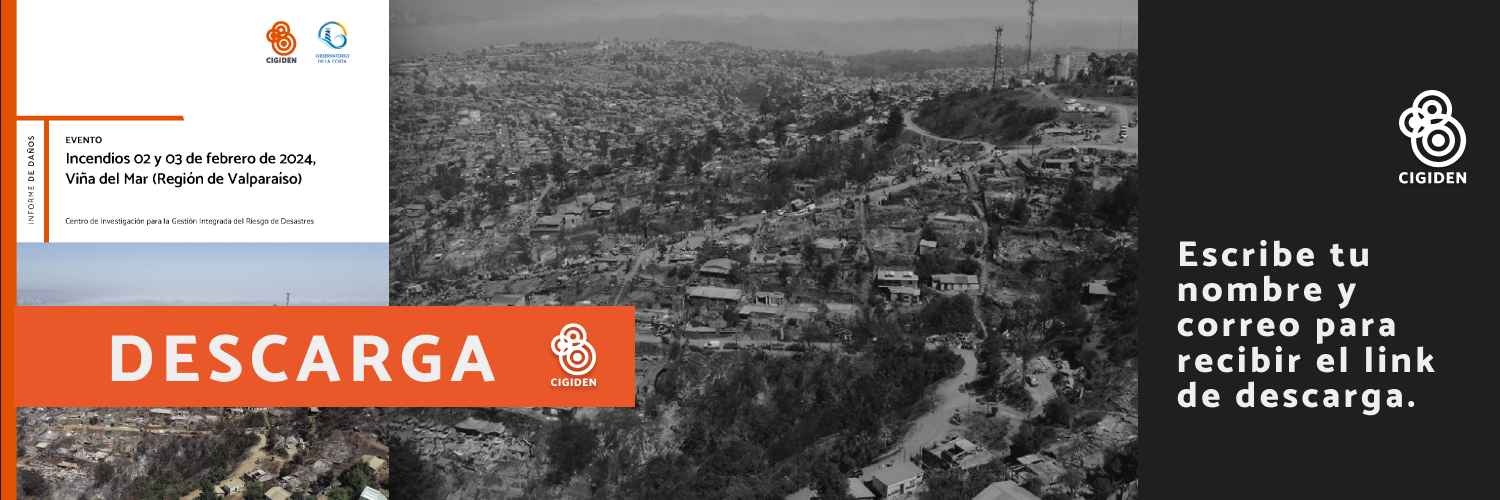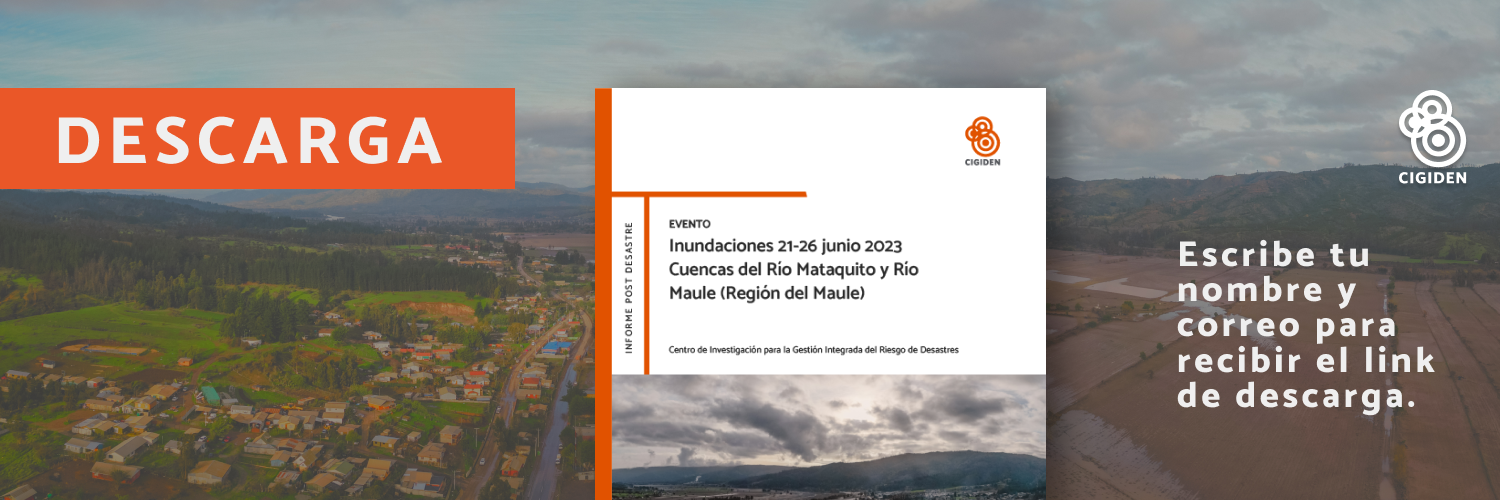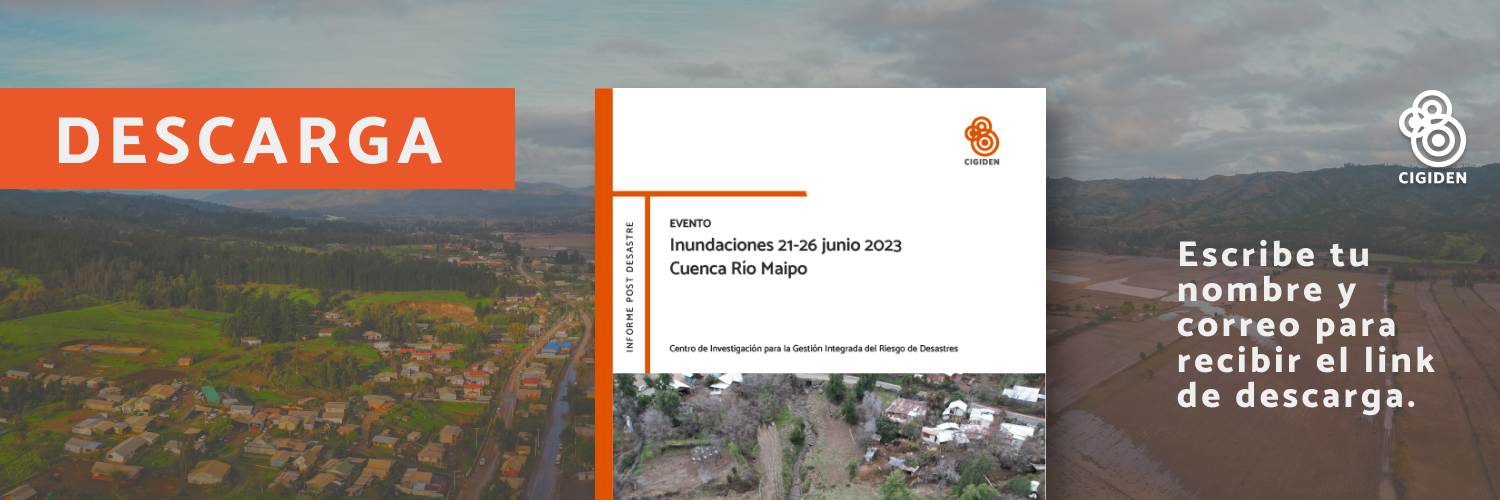Chile would be prepared for a tsunami warning event. This has been demonstrated by the tsunami evacuation processes experienced in Melinka 2016, Illapel 2015, and Iquique 2014, where the population properly evacuated to a safe area. Despite this and due to the current health crisis, the multi-hazard scenario requires new protocols and extreme self-care measures.
Recently, the United Nations Educational, Scientific and Cultural Organization, UNESCO, presented regional guidelines for dealing with tsunami warnings, evacuation, and shelter procedures in times of the Covid-19 pandemic. This aims at ensuring the safety of vulnerable coastal communities from ocean hazards while minimizing the viral infection risk.
According to the international organization, in the current Covid-19 context, natural hazards such as earthquakes and tsunamis, among others, require certain regional guidelines such as evacuations with effective physical distancing, emergency kits that include masks and alcohol gel.
Sanitation Protocols
In the case of Chile, the National Tsunami Warning System (SNAM in Spanish), which depends on the Naval Oceanographic and Hydrographic Service (SHOA by its initials in Spanish), the National Seismological Center (CSN by its initials in Spanish), and the National Emergency Office (ONEMI by its initials in Spanish), continues operating in their 24/7 mode to respond to tsunami threats on the national coast. The service provides for respect towards COVID-19 health protocols that have been proposed by the government authority.
The greatest difficulty of tsunami warnings within the COVID-19 context is to correctly follow the evacuation procedure and remain in the safe zone with physical distance among the population. This is stated by the CIGIDEN oceanographer and researcher Juan Gonzalez, who affirms that in the case of a tsunami warning issued by our system, «it is necessary to carry out the evacuation in an orderly manner and respect social distancing and masks usage to avoid possible COVID-19 spread. Besides, it is necessary to communicate that people living in safe areas should not evacuate, but stay home to avoid unnecessary exposure to the virus».
Covid-19 and natural hazards
The earthquake that occurred a few days ago in Mexico reminds us that we are permanently exposed to the risks associated with natural disasters. Although the coronavirus pandemic leads today’s public agenda, it is important to reinforce some protocols about how to face natural threats in the current confinement condition.
The researcher Juan González warns that Chile has an extensive subduction zone and a high probability of generating earthquakes of a magnitude greater than 7, so an event like this could lead to evacuation procedures to which it would be necessary to add –at least over one year– COVID-19 health measures.
Likewise, Dr. González proposes the need to generate a redundant tsunami warning system in other areas of the country: «The institutions involved in the warning process are located in the country’s central zone and an M9 earthquake like the one in 1730 can render the warning process inoperative. SNAM initiatives to use redundant shelters in other regions of Chile for tsunami warning broadcast should be highlighted».
What to do in case of a tsunami warning?
Juan González, who is also a researcher at the Catholic University of the Most Holy Conception (UCSC by its initials in Spanish) and the Catholic University of the North (UCN by its initials in Spanish), proposes the following practices:
- Maintain normal behavior when facing a threat.
- Practice self-care in case of an earthquake by staying safe during the tremor: «Drop, cover and hold on».
- If we are near the coast and the seismic event has a strong movement that does not allow standing or lasts more than a minute, self-evacuation to safer elevated areas is imperative.
- When the authorities issue a warning and order evacuation, it is necessary to follow such recommendation. According to the Pacific Tsunami Warning System (PTWS), evacuation orders prevail over COVID-19 confinement requirements in the tsunami-threatened area.
- In the case of emergency kits, it is necessary to add sanitation elements such as masks, alcohol gel, tissues, and disinfectant towels.
- During the process of evacuation and arrival to the safe area, it is necessary to maintain physical distancing and use facial masks suggested by the responsible health authority.


